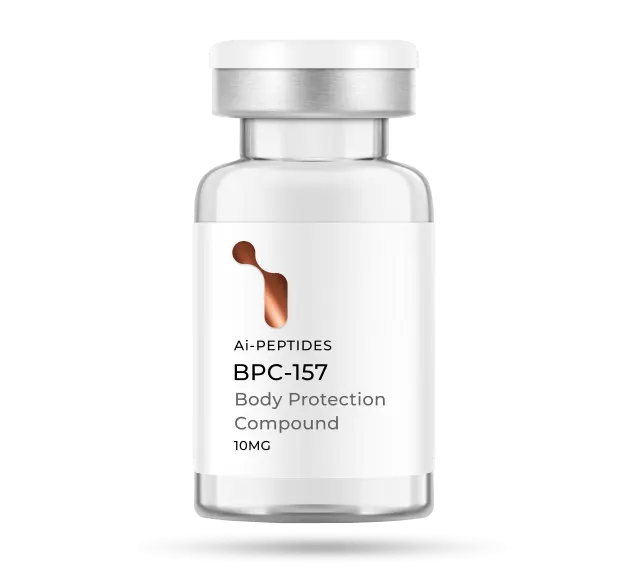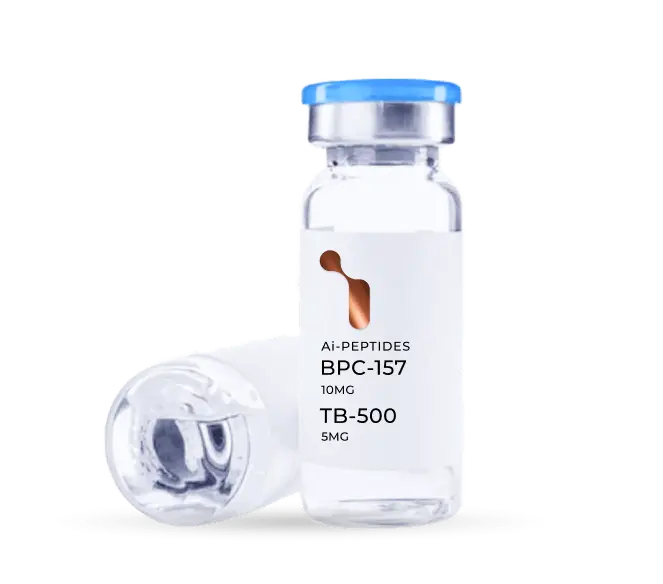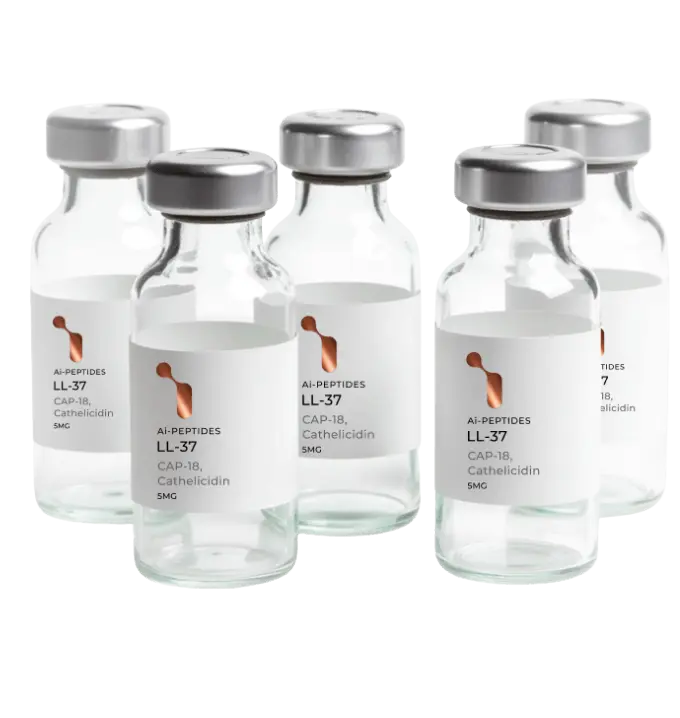TB-500 is also known as thymosin beta 4 (TB4). Thymosin Beta 4 has been found, in animal models, to play a central role in controlling the structure of cells. By improving cell structure, TB-500 is thought to aid in wound healing, improve cell responses to stress, and even help cells to live longer. Scientific animal research studies have shown that TB-500’s role in regulating cell structure may eventually make it a leading therapeutic in wound healing, blood vessel repair, and even ocular (eye) repair.
Research has shown that when it comes to brain health, there are few drugs, supplements, or diets that make much difference. Unfortunately, the brain has remained a mystery to medical science and thus efforts to determine how to keep the brain healthy have been hindered. Science can tell us only that regular exercise and a relatively meat-free diet are associated with long-term brain health. There may, however, be some new evidence regarding thymosin beta 4 (also known as TB-4, or TB-500) and its impact on neural health.
Thymosin Beta 4
TB-500 (TB-4) is a naturally occurring peptide that is known to produce a vast array of healing and regenerative effects. It appears to promote everything from bone remodeling and growth after fracture to healing of heart muscle after a myocardial infarction (heart attack). Recent research in rats now suggests that TB-500 (TB-4) may improve neurological outcomes after stroke or brain damage.




